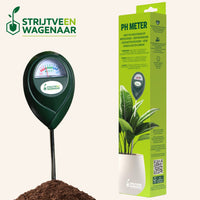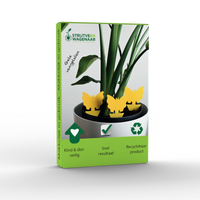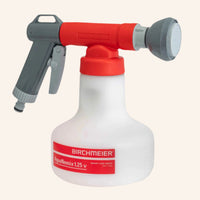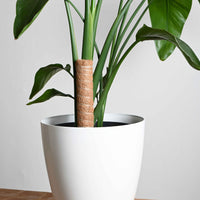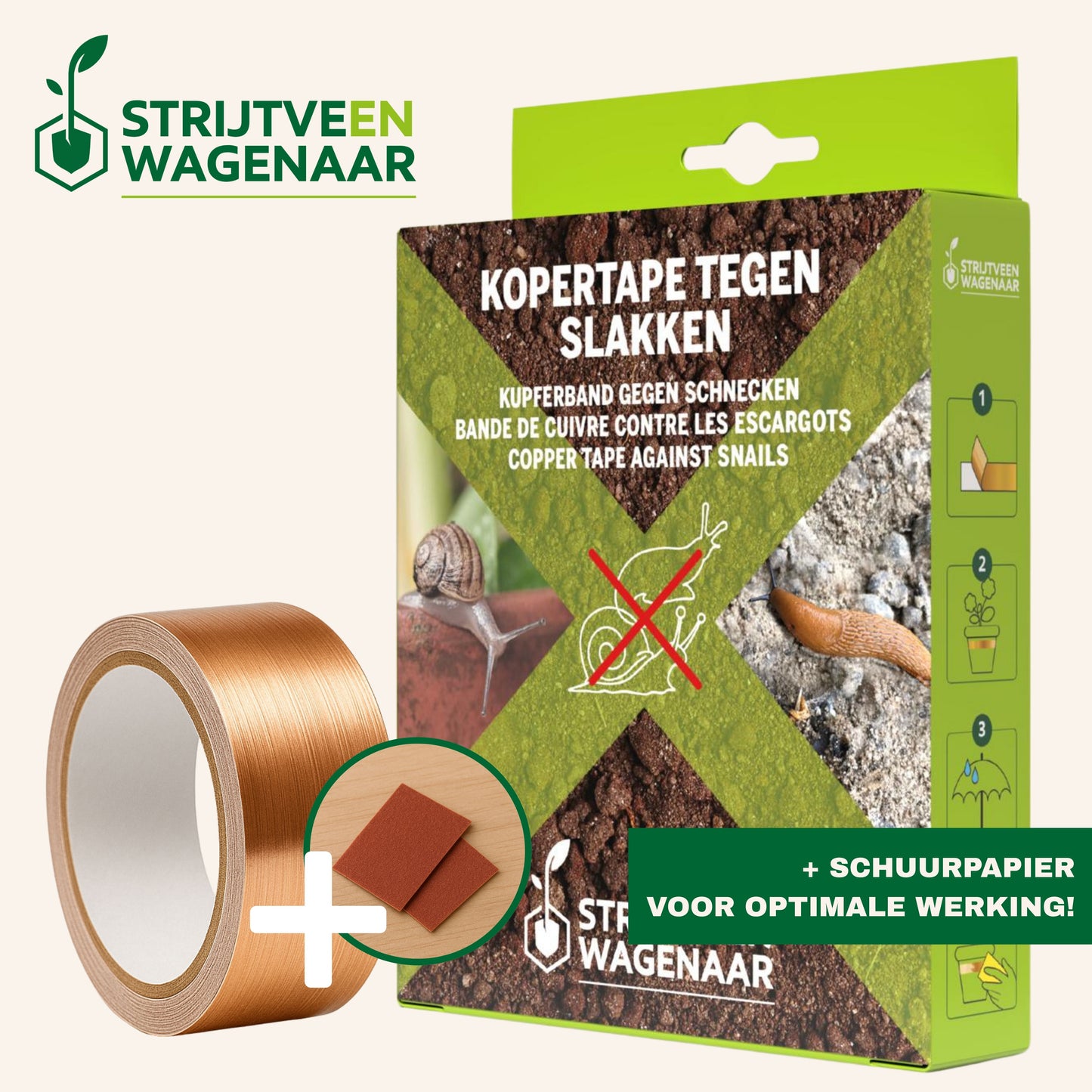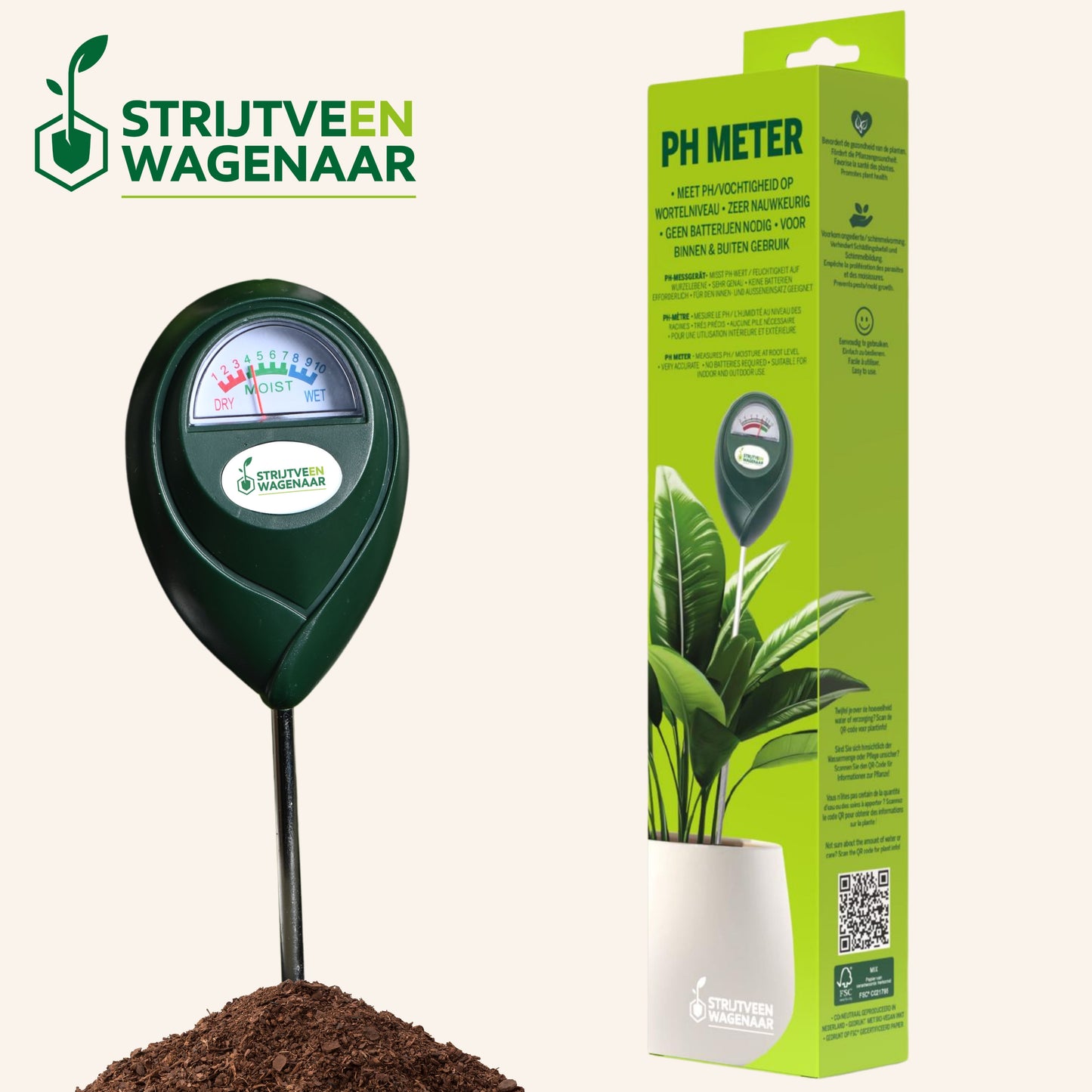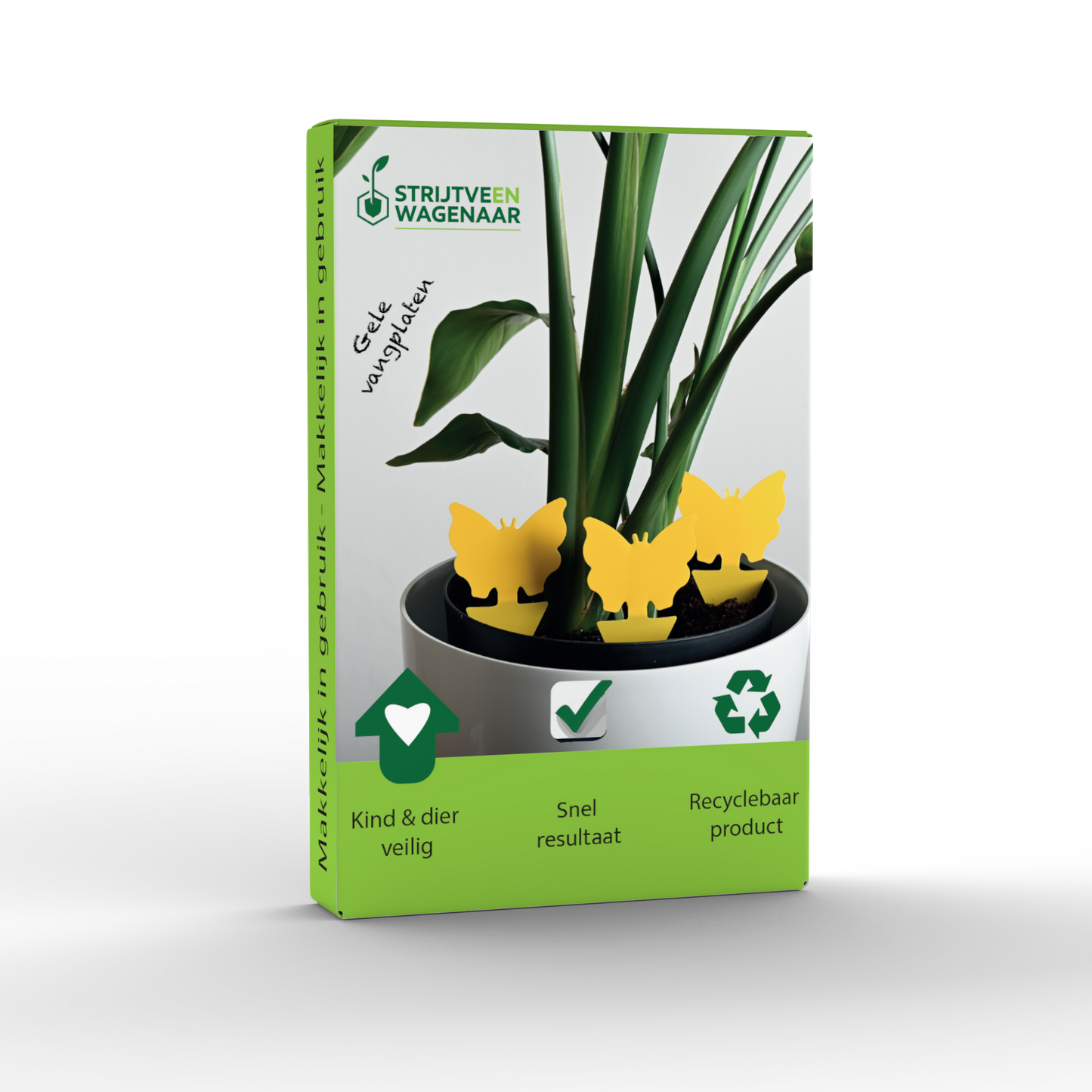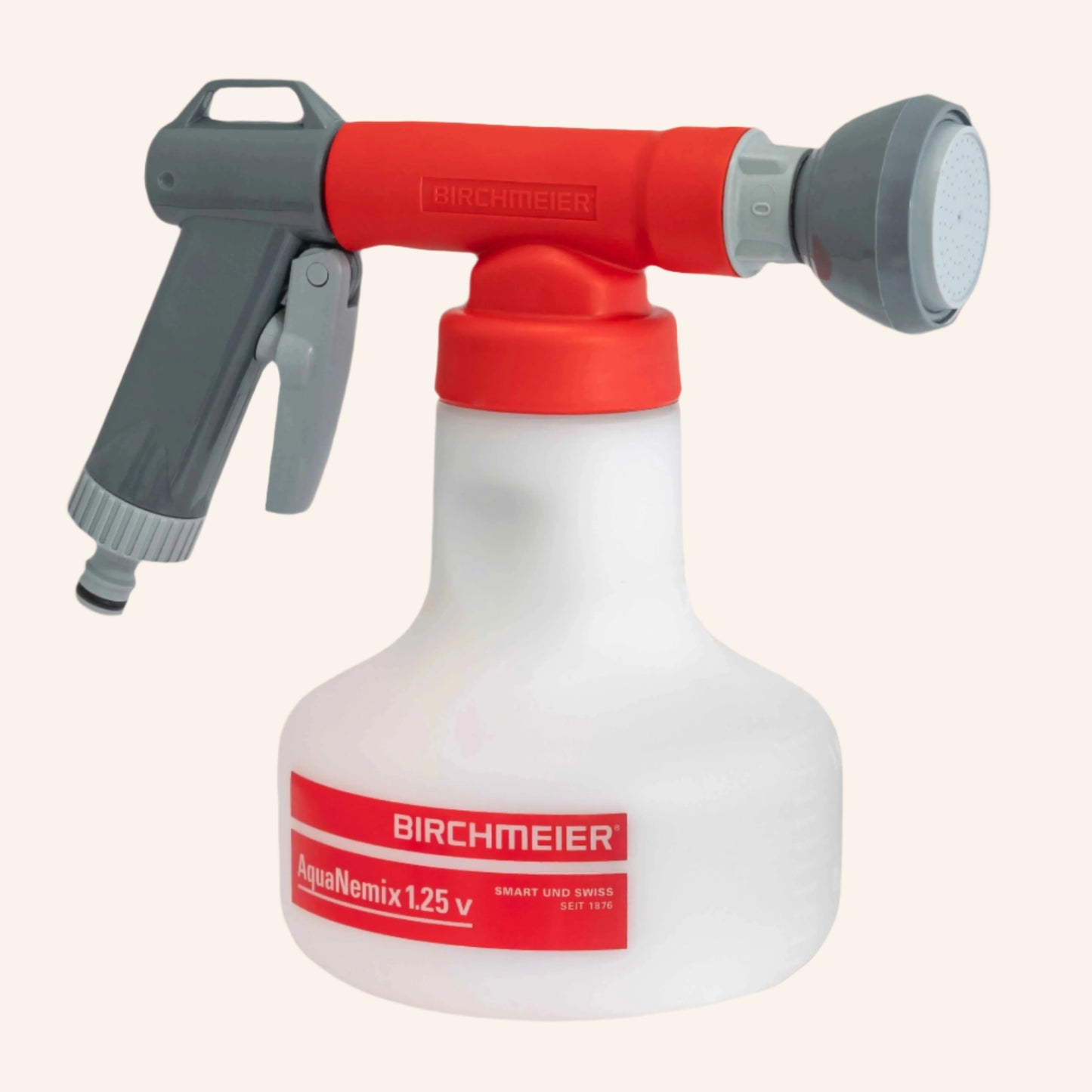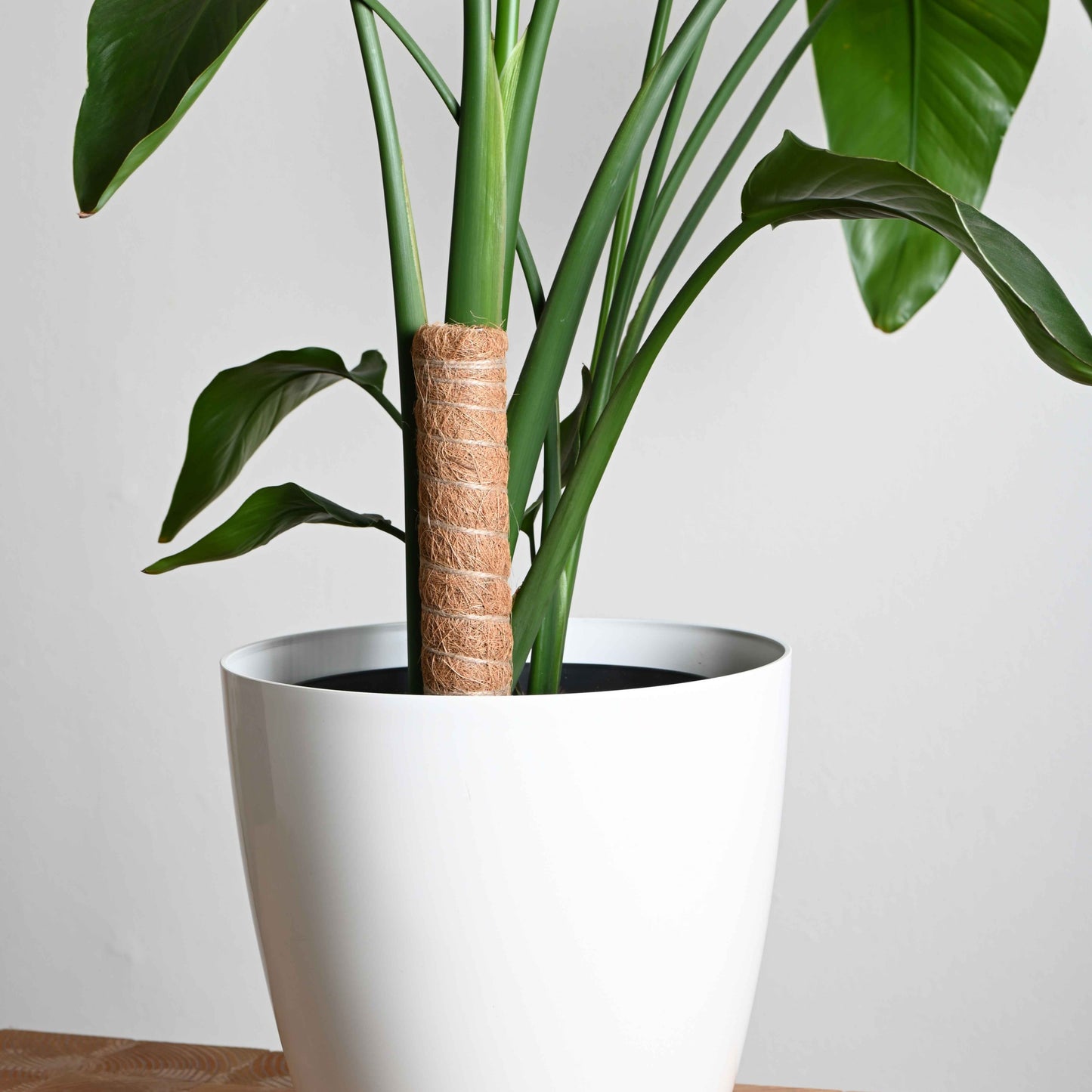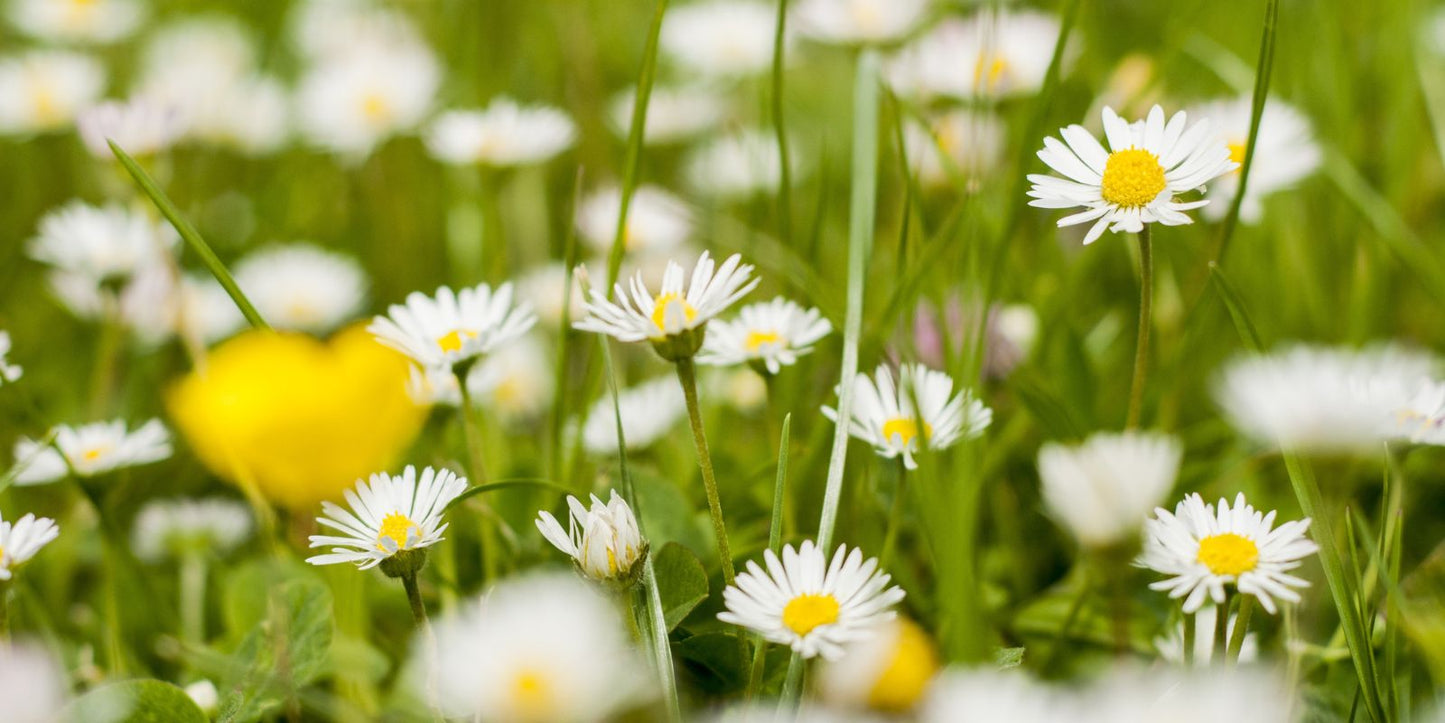
As temperatures rise and days lengthen, not only does nature come alive, but pests also make their appearance. Insects and other pests awaken from their winter hibernation and start searching for food and new places to nest. Whether you're a gardener who enjoys working among flowers or lovingly care for your houseplants , it's important to be alert to these unwanted guests. Early intervention can prevent a lot of trouble and ensure your plants and lawn stay healthy.
Why is March the starting signal for pests?
March often signals the start of pest season, and that's no coincidence. With the arrival of spring, temperatures gradually become more stable and warmer, creating ideal conditions for pests to become active again. Many insects and larvae overwinter in the ground or in sheltered spots and emerge as soon as the weather warms up. This is the best time to combat them: by addressing them early, you prevent them from spreading en masse and causing damage. Moreover, this gives your plants and grass a head start on the pests, allowing them to start the rest of the season stronger and healthier.
Why is it smart to combat this now?
Even though you might not see all the pests crawling around yet, that doesn't mean they aren't there. Many pests, such as grubs and leatherjackets, are mainly in the soil as larvae during this period. This is the time to intervene, because if you wait until they hatch, it will be much more difficult to control them. By taking action now, you prevent these larvae from developing into adults that reproduce rapidly and cause a full-blown plague. Spring is therefore the ideal time to prepare your garden or plants for a healthy growing season, without the nuisance of unwanted visitors.
What pests can you expect this season?
Depending on the season, you may encounter various pests. As temperatures rise, many insects and larvae awaken from hibernation and begin searching for food. The pests for which we sell nematodes are:
- Leatherjackets. These are the larvae of crane flies that feed on grass roots. They cause bare patches in the lawn and can seriously damage your turf if left unchecked.
- Grubs. These larvae come from various beetle species, such as the cockchafer and the rose chafer. They feed on the roots of your plants, weakening them and eventually causing them to die.
- Ants. While ants themselves may not cause direct damage to your plants, they can undermine your patio or lawn. They also protect aphids from natural predators, which can indirectly cause further damage.
- Fungus gnats. These small flies are often found around houseplants. Their larvae feed on the roots, which can lead to wilted plants and growth problems.
- Snails can cause significant damage in a short time, especially to young plants. They eat large chunks of leaves and stems, weakening plants.
- The yew weevil lays its eggs in the soil, after which the larvae feed on the roots of your plants. This can cause irreparable damage.
- Ticks & fleas: These pesky creatures pose a risk not only to your pets, but also to yourself. By taking measures early in the season, you can reduce the risk of an infestation.
How can you control pests naturally?
Fortunately, there are organic solutions that are effective and safe for the environment. Nematodes, for example, are a natural enemy of many pest insects and can easily be used in your garden or on your houseplants. These microscopic worms penetrate their prey and secrete bacteria that kill the pest without harming your plants or other beneficial insects, making them safe to use in your vegetable garden! By introducing nematodes early, you address the source of the problem and prevent the infestation from spreading further.
Want to know more about nematodes? Read our blog !
Start early and protect your plants this spring
By taking action now, you can prevent a lot of damage and keep your plants healthy. Early spring offers the perfect opportunity to get ahead of pests and give your garden a healthy start. Keep an eye on our blog for specific tips on pests and handy solutions. By being alert in early spring, you'll give your garden and plants the best start to the season.
Do you have questions or want to know which solution is best for your situation? Feel free to contact us; we're happy to help!

